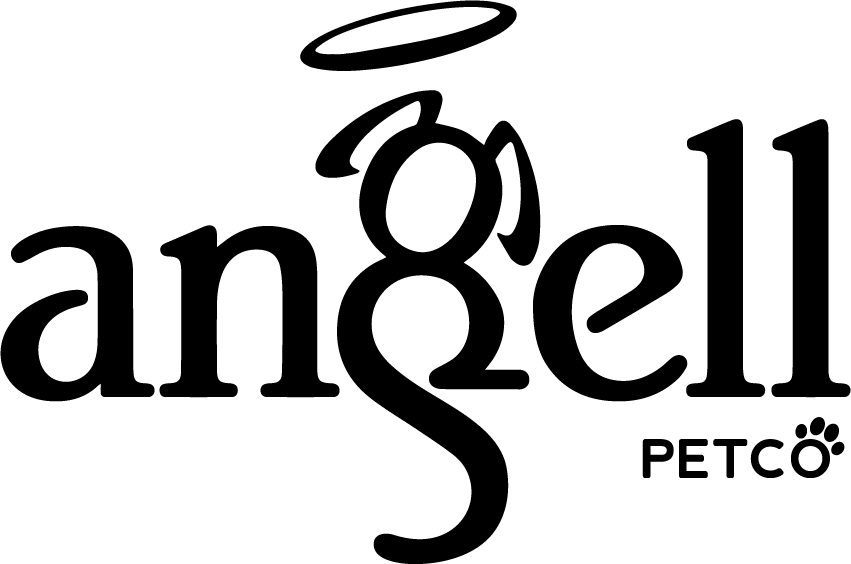Senior dogs need special diets to help them cope with getting old. Senior dog food will help them maintain their health and energy throughout later life.
As older dogs have a higher likelihood of developing health problems, it’s important to manage any potential issues by adjusting their diet. As always, speak to a veterinarian for extra guidance.
What Should I Feed My Senior Dog?
Senior dog food is specially formulated for older dogs (usually over seven-years-old) that are less active or becoming overweight. Large breeds age more rapidly than smaller ones, so factor this in when deciding on when to switch your dog to senior dog food.
As our senior dog food is low in fat, it is also advisable for dogs suffering from pancreatitis or colitis.
Dogs should not be fed human food unless advised by a veterinarian, as dogs’ can struggle to digest certain types of food.
Is Senior Dog Food Necessary?
Senior dog food is specifically formulated for older dogs that have become less active or overweight.
Like us, dogs can put on weight as they age. They naturally move around less, burning less calories and this is compounded by the fact that their metabolisms begin to slow. This can result in weight gain.
It’s very important that any weight gain is reversed. The additional pounds add unwanted strain on your dog’s body, stress on their aged joints and make them more susceptible to chronic diseases.
If your dog is not overweight and is still active, however, a food that is naturally high in omega 3 fatty acids, such as our Superior Adult Food, is advisable. The high concentration of omega 3 fatty acids present in our Adult food is perfect for ageing joints and maintaining healthy hearts, eyesight, brain cognition and strong immune systems.
What to look for in a Senior Dog Food?
The best senior dog food is low in fat (10% or less), high in protein, with a high nutritional value and that is easily digestible. This will help older dogs manage weight-gain in later life while maintaining healthy muscle mass –– allowing your dog to stay active.
The extra protein found in senior dog food will also help your dog’s immune system, increasing their ability to respond to infections or physical trauma. This is especially important as older dogs will become more frail and susceptible to injuries and infections.
Other nutritional content of senior dog food should include essential fats/oils, vitamins, minerals, some carbohydrates and plenty of water –– helping your senior dog maintain supple joints, brain cognition and good eyesight.
How Much Should My Senior Dog Eat?
Senior dogs need to eat less than younger dogs. They burn fewer calories as their metabolism starts to slow down and typically become less active. As older dogs burn fewer calories from exercise, they become more prone to putting on excess weight.
Angell Petco’s dog feeding guide can help you decide how much to feed your senior dog, but a veterinarian will be able to give you more comprehensive advice. Regular check-ups will ensure your dog stays healthy and any problems can be addressed quickly.
How Much Should I Feed My Very Senior Dog?
Very old dogs can lose interest in their food in their later years, so it’s important to make sure they are eating the right amount regularly.
Although older dogs require less food, it’s important to maintain the weight they have so they don’t become malnourished. Weigh your dog regularly and keep an eye on their waistline –– if you can see your dog’s ribs, they may need to put on some more weight to stay healthy. If you think your dog is overweight, check to see if you can feel their ribs –– if you can’t, they will likely need to shed some weight.

